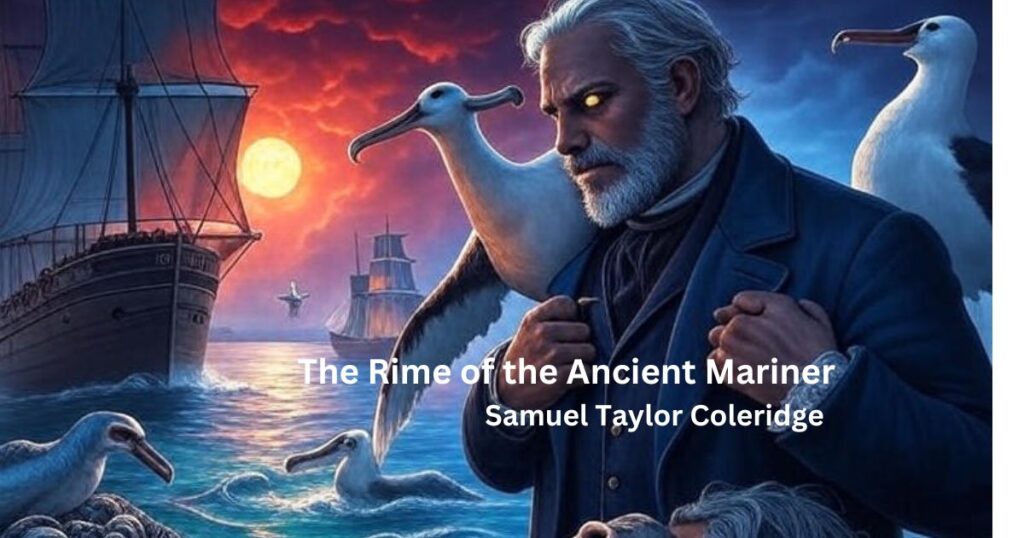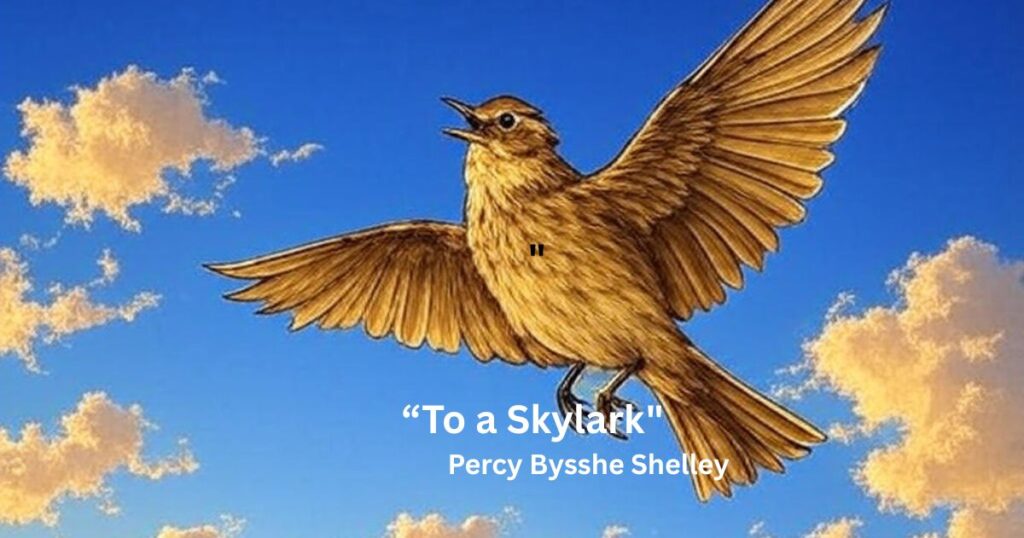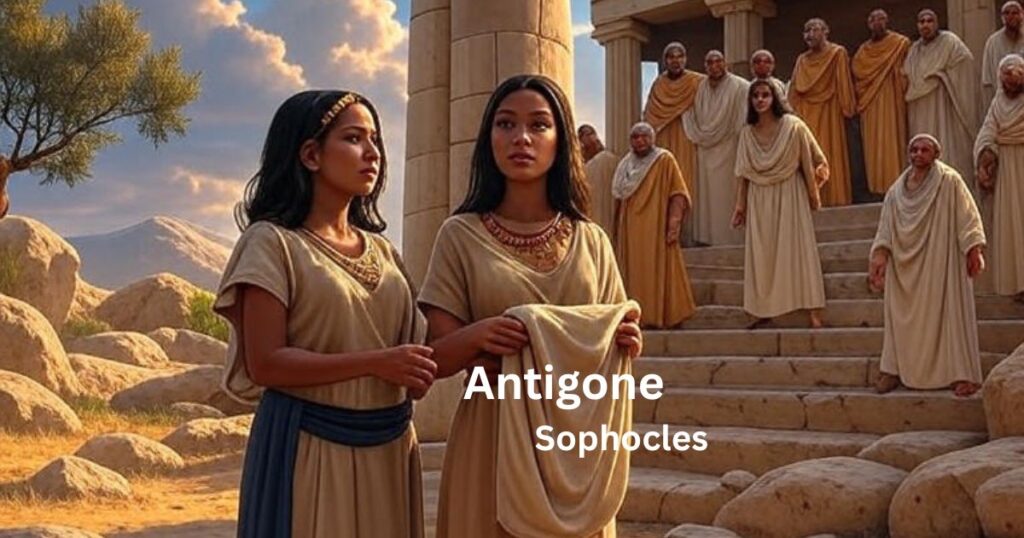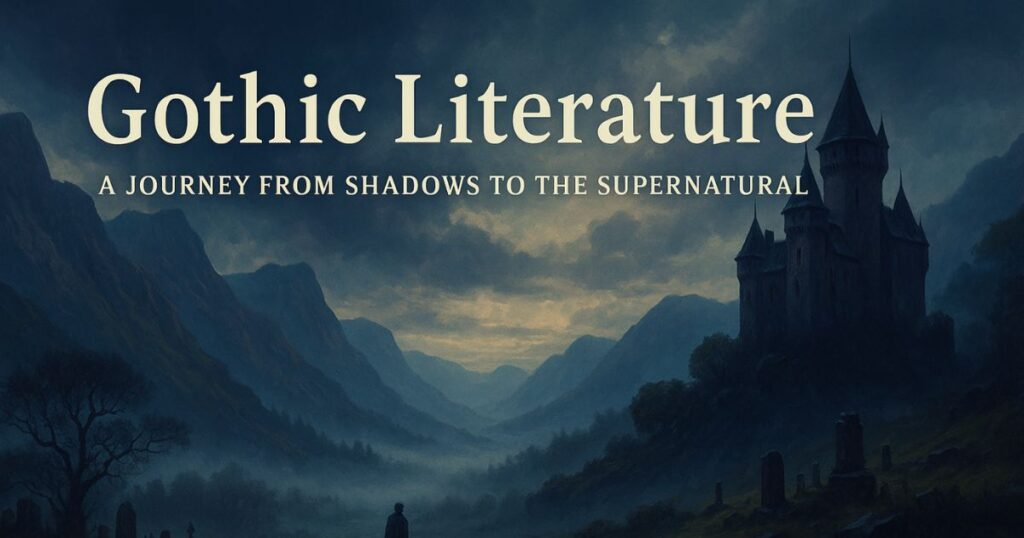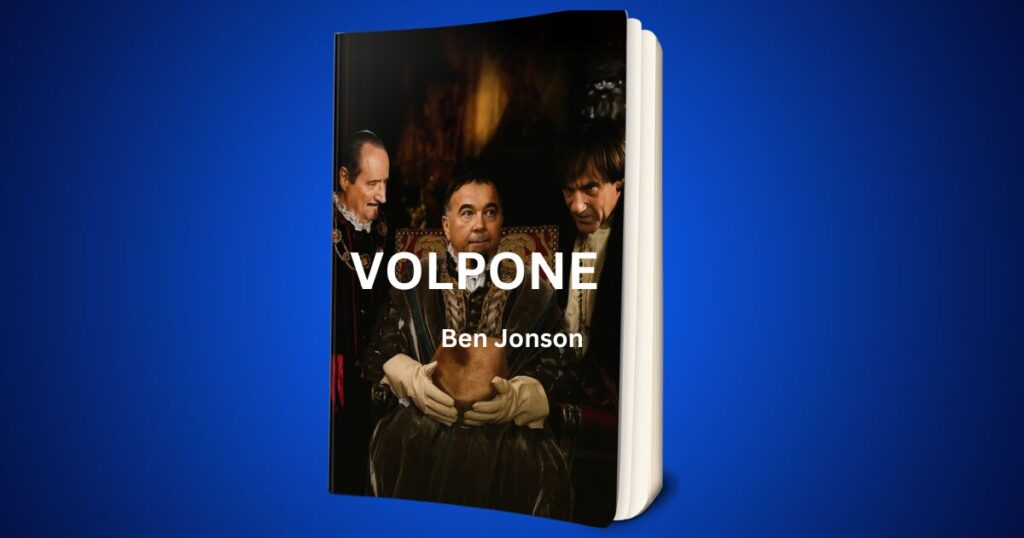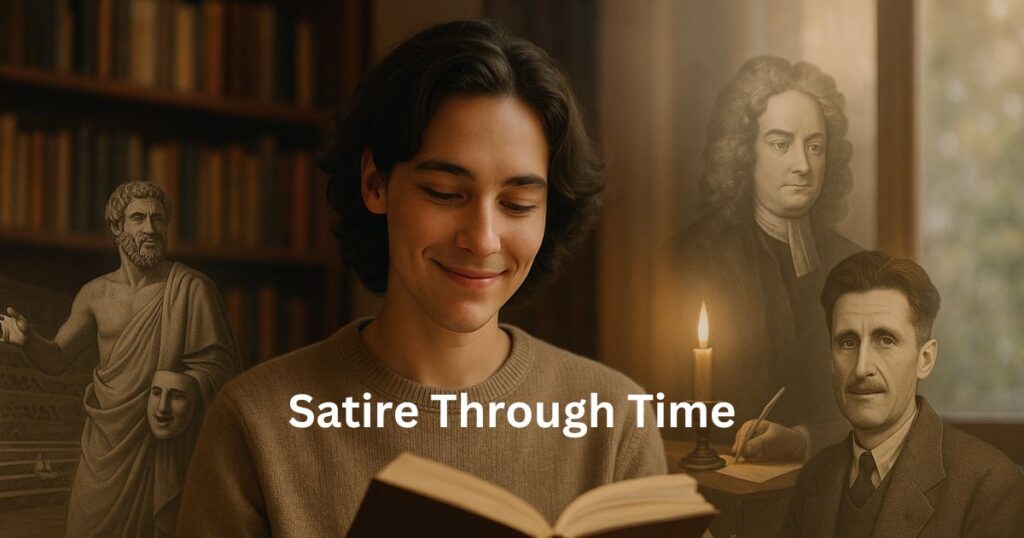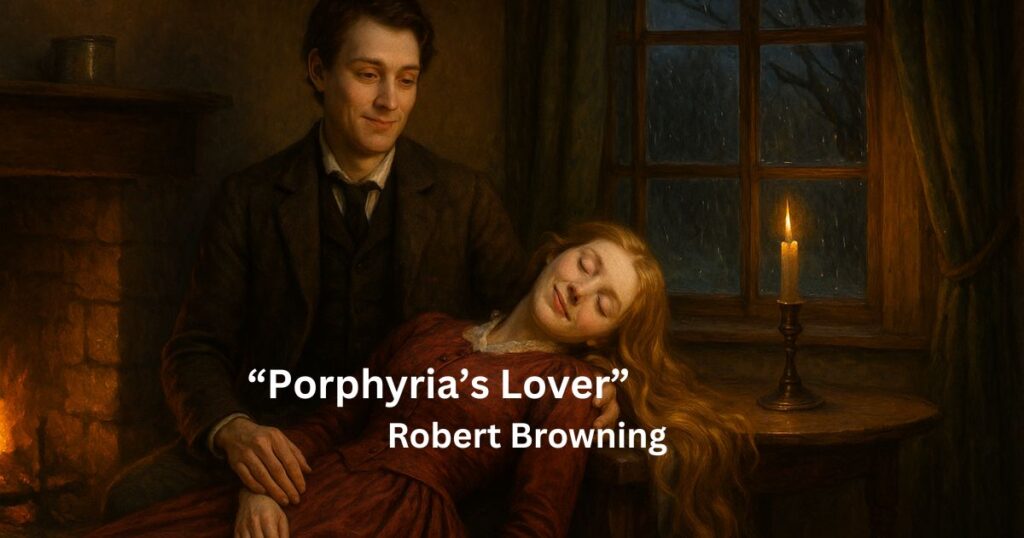Tracing English Novel’s Journey Through Time
Introduction- A novel is a long written story that looks at characters, events, and ideas and weaves together complicated stories about how people live. Epic poetry is renowned for its immense, mythical scope, while medieval romances are about knights’ adventures. Novels, on the other hand, are about actual people and the challenges they face every […]
Tracing English Novel’s Journey Through Time Read More »



